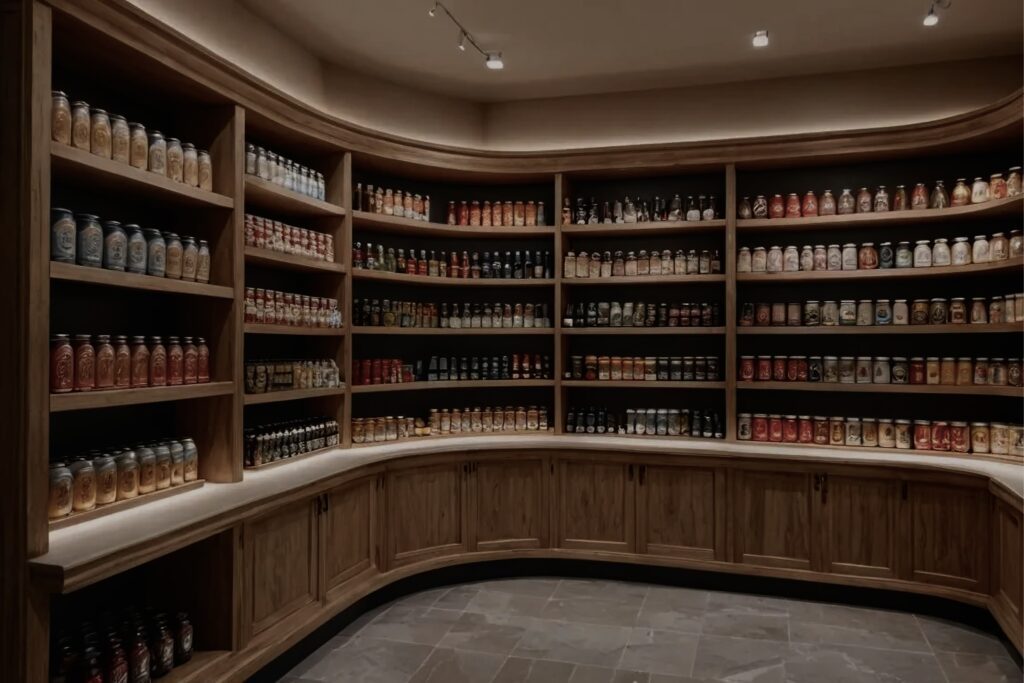Analyzing Retail Trends:
The Rise of Health-Conscious Shoppers
The retail landscape is rapidly evolving, influenced significantly by the rise of health-conscious shoppers. This trend, which has gained momentum in recent years, presents both challenges and opportunities for retailers.

Shift in Consumer Priorities
The health and wellness market is seeing remarkable growth, with consumers increasingly prioritizing healthier lifestyles. This is not just a temporary shift but a sustained change in consumer behavior. The pandemic period underscored the importance of health, prompting many to seek digital recommendations for healthier products and lifestyle choices. Brands are now recognizing the need to offer personalized products and experiences that resonate with health-conscious consumers.
The Role of Influencers
Influencers play a pivotal role in guiding consumer choices in the health and wellness sector. Consumers are more inclined to trust and follow the advice of influencers, especially those who create authentic, relatable content. This trust translates into purchasing decisions, with a significant percentage of consumers admitting to buying products based on influencer recommendations. Brands are thus collaborating more with micro and nano-influencers to harness their influence in driving sales.
Digitalization and Smart Fitness Equipment
The trend of home workouts, accelerated by the pandemic, has led to a surge in the popularity of smart fitness equipment. Brands like Peloton and Lululemon have capitalized on this trend, with millions of US adults using connected fitness platforms regularly. This shift towards at-home connected fitness is expected to persist, indicating a long-term change in exercise habits and preferences.
Apps and the Wellness Metaverse
Fitness and health apps have become integral to many people’s daily routines, helping to build and maintain healthy habits. The wellness metaverse, though still in its infancy, offers exciting possibilities for immersive fitness and health experiences. Brands exploring this space must focus on integrating their offerings seamlessly with consumer lifestyles and tech preferences.
Demographics and Health Consciousness
Millennials and Generation X are leading the way in health-conscious shopping, with over half of these consumers actively seeking healthy food options. There is also a notable interest across different demographic groups, including Hispanic and Latin American consumers, in healthier eating choices.
Sustainability and Health
Consumers are increasingly concerned about sustainability and its link to health. Many are willing to pay more for organic, sustainably sourced, and fair-trade products. This trend reflects a growing consciousness about the impact of food on personal and planetary health. Retailers need to balance the provision of healthy, sustainable products with affordability to meet these evolving consumer expectations.
Implications for Retailers
These trends highlight a clear message for retailers: the need to adapt and innovate in line with the growing health consciousness among consumers. This involves:
- Collaborating with authentic influencers to build trust and drive sales.
- Integrating digital solutions, such as fitness apps and smart equipment, into product offerings.
- Understanding and catering to the health preferences of different demographic groups.
- Embracing sustainability as a key factor in product sourcing and marketing.
The rise of health-conscious shoppers represents a significant shift in consumer behavior, offering a unique opportunity for retailers to align with these new preferences and drive growth in a rapidly evolving market.
References:
- Shopify. “Top 8 Health and Wellness Trends in 2023.” Shopify, www.shopify.com.
- Businessdit. “18+ Health Conscious Consumer Statistics 2023: New Data.” Businessdit, www.businessdit.com.
- Deloitte UK. “The Conscious Consumer – Connecting with Health and Sustainability Priorities.” Deloitte UK, www2.deloitte.com.